Turkic world amid global challenges Expert discusses the Great Turan Union
In a wide-ranging interview with Caliber.Az, Turkish-Kazakh politician and founder of the “Great Turan Union” Foundation, Serikzhan Mambetalin, outlines his vision for a unified Turkic world. Speaking on the foundation’s goals, geopolitical rivalries, and the strategic role of Azerbaijan, he calls for deeper cooperation among Turkic states, stronger political coordination through the Organisation of Turkic States, and greater engagement with global powers — including the EU, U.S., and China — to seize what he describes as a historic window of opportunity.
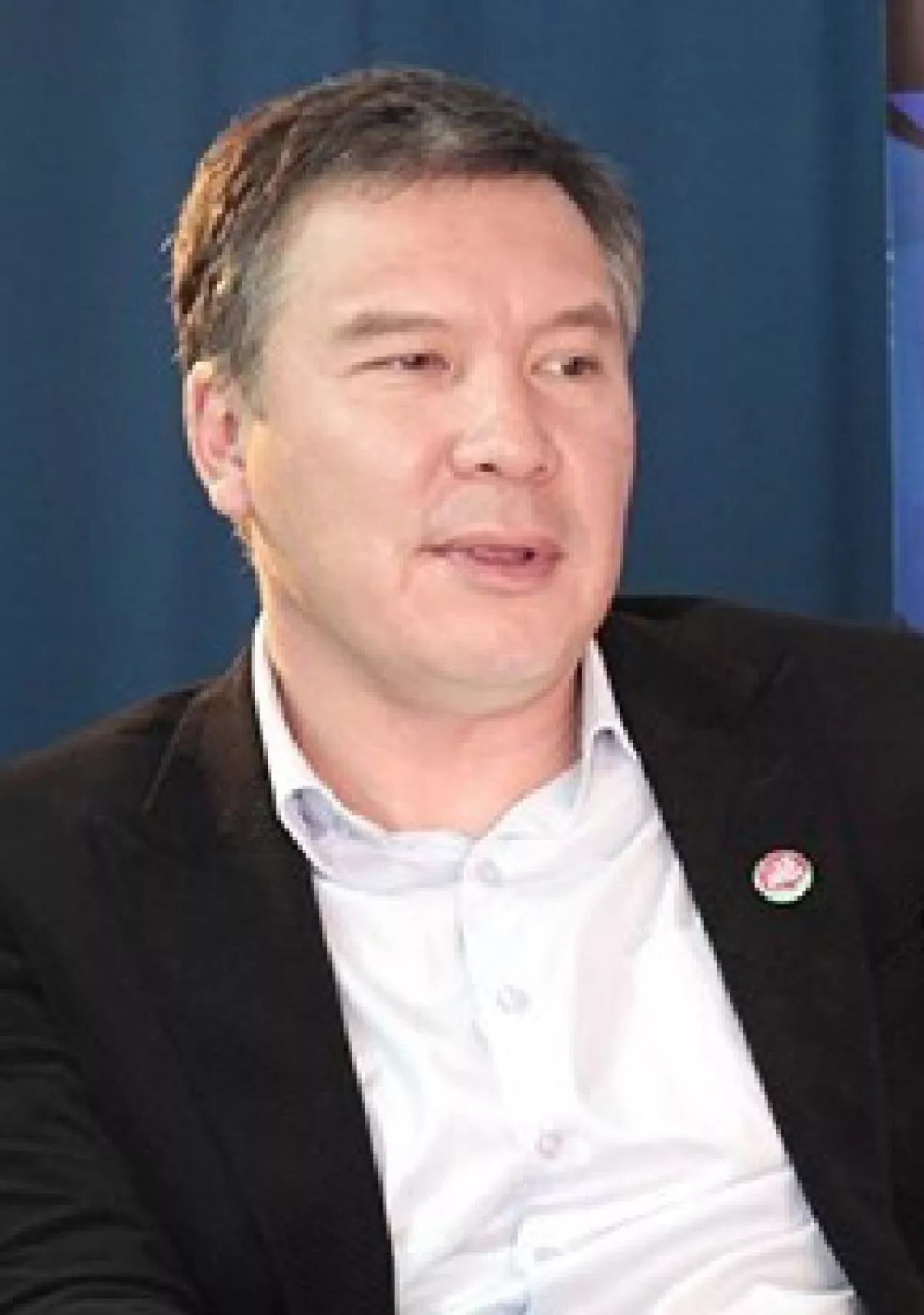
— When was your organisation founded, and what are its goals and objectives?
— Last year, I registered the international foundation Büyük Turan Birliği (“Great Turan Union”) in Antalya. The name speaks for itself — it is easily understood by speakers of Turkish, Kazakh, and Azerbaijani. This is a non-governmental and non-profit organisation established by representatives of various Turkic peoples. The foundation includes Ahıska Turks (Meskhetian Turks), Kazakhs, Tatars, Crimean Tatars, Yakuts (Sakha), and others. The participants come from a broad geographic area — from the post-Soviet space to Türkiye.
The foundation's goal is to promote the idea of uniting the Turkic world under the banner of the Great Turan. Once, this space existed as a unified entity, but over time, our peoples were divided into different “national apartments.” This happened because most Turkic peoples became part of large empires. The Turks are among the few who preserved their statehood and built powerful empires. That is why Türkiye is a logical place to establish such a foundation. It acts as a regional power with global ambitions.
I see no issue with creating a Turkic union modelled after the European one. The future confederation could be called the "Great Turan Union." At present, it would include the eight member and observer states of the Organisation of Turkic States, but there are many more Turkic peoples beyond these. Some live within the borders of Russia, China, Iran, and Afghanistan. It is to help engage these peoples in the idea of unity that we established our foundation.
Our mission is to raise awareness about the concept of Great Turan among the people of Türkiye. Unfortunately, many here are unfamiliar with the idea. Given the country’s multiethnic makeup, this educational mission holds particular importance. In addition, we intend to hold a Kurultai of the Great Turan — a political assembly that will formally proclaim the revival of Turkic unity.
Preparations are already underway: the text of the declaration to be signed by representatives of the Turkic peoples has been drafted.
— The recent statements made by European Commission President Ursula von der Leyen at the “EU–Central Asia” summit in Samarkand sparked a great deal of attention. What is the EU’s goal in the region, and to what extent does it contradict the idea of Turkic unity?
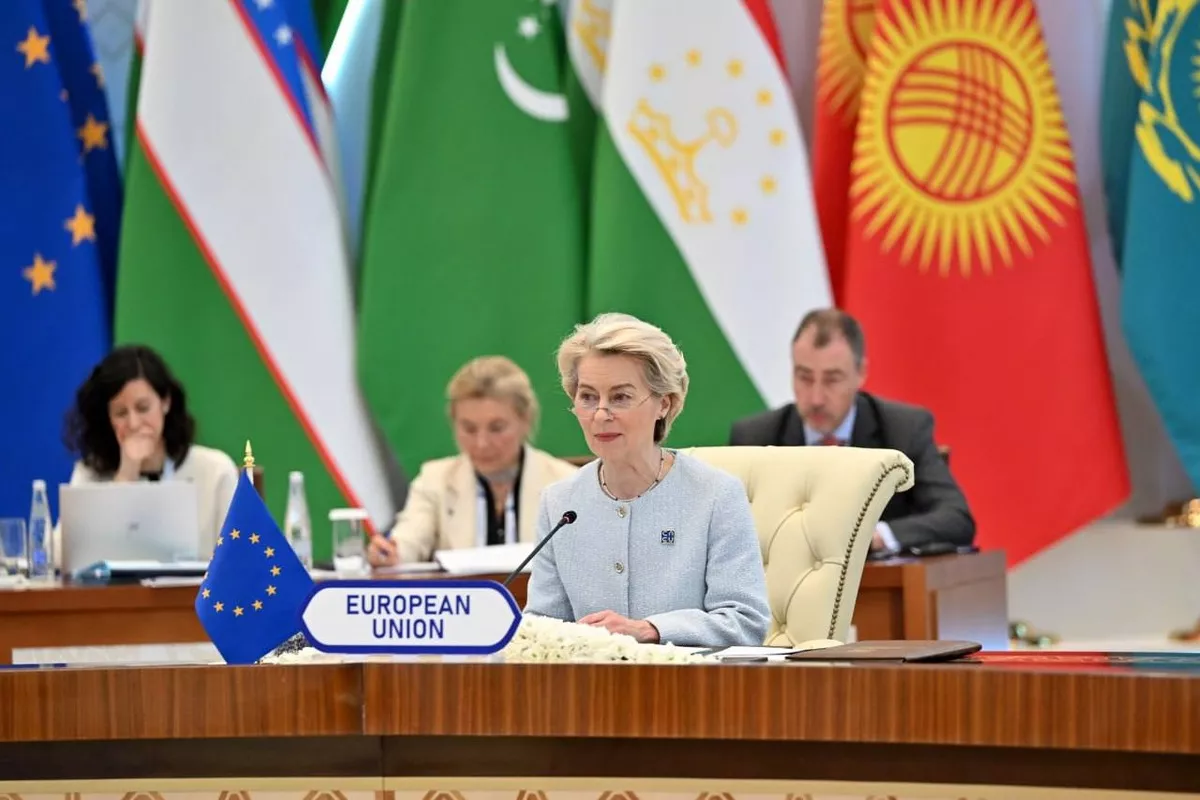
— The EU is more dependent on the Turkic world than the other way around. That’s why we were offended by the inclusion of a clause in the Samarkand declaration expressing support for UN resolutions from 1983, which were adopted in response to the declaration of independence by the Turkish Republic of Northern Cyprus. At the time, that was a logical decision.
The division of Cyprus took place in 1974 after a fascist coup, when the Republic of Cyprus abolished the bicommunal federation and attempted to unite with Greece. Despite this, the EU accepted Southern Cyprus into its ranks — a clear example of political bias. In essence, the EU is a “Christian club” where Muslim countries have no real place. Türkiye and Azerbaijan are not seen as future members, regardless of the principles the EU claims to uphold.
That is precisely why Turkic countries must build their own union and develop a 250-million-strong market. Geopolitics and natural resources are on our side. In this context, Azerbaijan plays a key role — acting as the bridge between Turkestan and Türkiye. The EU is deliberately trying to drive a wedge between Turkic states — and this is part of a targeted strategy. We, for our part, must maintain a united front and avoid missteps such as the condemnation of Northern Cyprus by some Central Asian countries.
The EU’s interest is understandable: Türkiye, the South Caucasus, and Central Asia are all strategic regions. Russia and China are already active here, and now the EU is entering the fray, investing $12 billion into Middle Corridor logistics. Only the United States is missing — and then we’d have a “full house.” I’m confident the U.S. will join as well. In that case, we may find ourselves negotiating with the EU on behalf of Great Turan.
— Armenia claims progress in its relations with Türkiye, yet continues to avoid a final settlement with Azerbaijan. How is this viewed in Ankara?
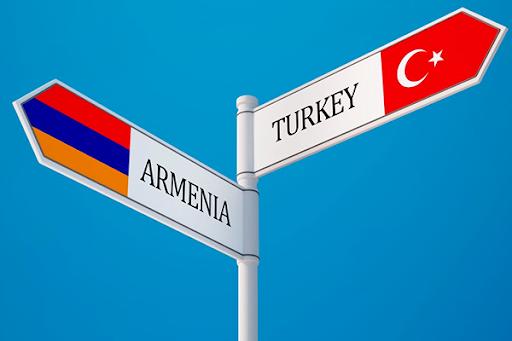
— Relations remain strained due to the issue of the so-called “Armenian genocide,” which is actively promoted by the diaspora in the United States and France. These are the loudest voices demanding recognition, even though, in reality, using the term “genocide” is inappropriate. Armenians were a privileged class in the Ottoman Empire. Even today, Istanbul is home to many Armenian schools and churches, and the Armenian language can be heard in the streets.
Turks are tolerant — perhaps even excessively so. The Cyprus example illustrates this: we did not assimilate others, but maintained a balance. I’m not advocating nationalism, but we must be capable of defending our interests. In this regard, we can learn from Armenians and Greeks — they actively employ soft power and have built effective lobbying networks.
If Pashinyan continues along a pragmatic path, relations could become constructive. In the future, Armenia could even integrate into the Turan space — and it would be in its interest to do so. Geographically, it has few alternatives. Pashinyan understands this and is seeking ways to join initiatives like the New Silk Road. I believe the Zangezur Corridor will be opened peacefully, without the use of force. Armenia will benefit from transit revenues and gain opportunities to grow its economy.
The same applies to Iran. The Iranian president’s visit to Azerbaijan demonstrated the potential for a new format of cooperation between Northern and Southern Azerbaijan. His election reflects the growing Turkic demographic and shifting public consciousness. In the future, Iran could become part of the Middle Corridor, with routes passing through Southern Azerbaijan and across the Caspian Sea.
As for Azerbaijani-Armenian relations, they too have the potential to develop constructively. In the United States, there are discussions underway about creating a Trans-Caspian Department that would unite countries of the South Caucasus and Central Asia — this is a positive signal.
— How do you assess China’s position on Turkic unity?
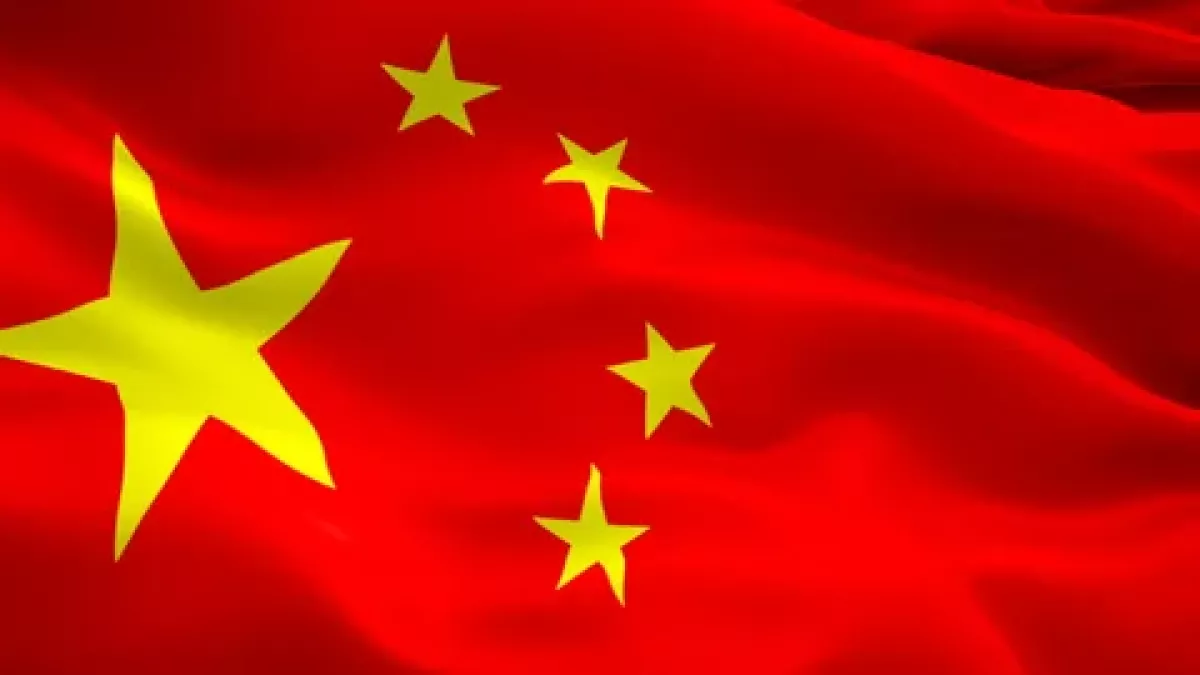
— China understands the importance of Turkic unity, especially in the context of the Silk Road. Both Europe and China are interested in boosting trade. At present, China is facing economic challenges and is open to dialogue. This is a historic opportunity for us. Europe is already engaging — now it’s time to persuade the United States.
— What are your expectations for the upcoming summit of the Organisation of Turkic States (OTS)?
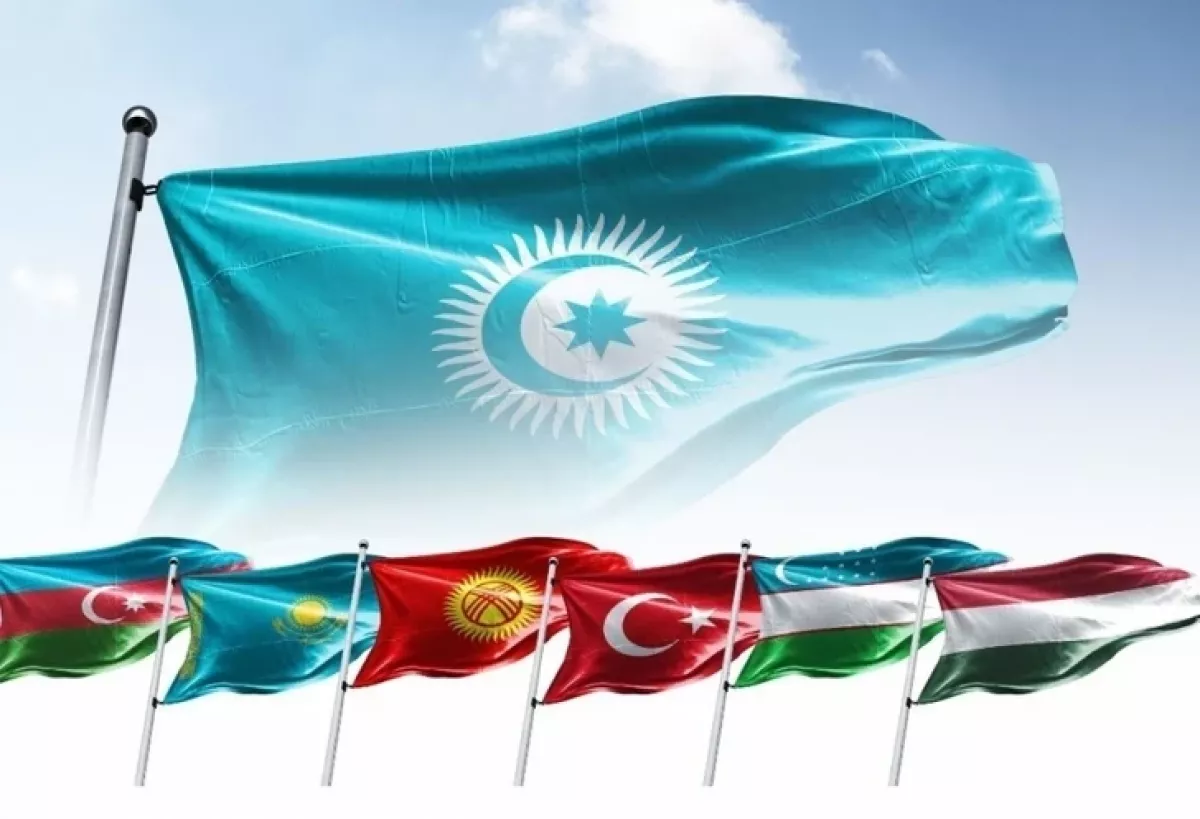
— The upcoming summit of the Organisation of Turkic States in Budapest is a unique opportunity to set a new dynamic. Although Hungary holds observer status, it is one of our most important partners. Hungarians consider themselves descendants of the Huns and Kipchaks. It is our only support base within the EU and the second NATO member, after Türkiye, aligned with the Turkic world — offering potential for military cooperation.
Of particular significance are the ties between Viktor Orbán and Donald Trump. Orbán is one of the few European leaders whom Trump trusts. Through Hungary, we have an additional channel to Washington.
A key issue at the summit will be the invitation of Ersin Tatar, leader of the Turkish Republic of Northern Cyprus. The informal format of the meeting allows for open discussions on integrating Northern Cyprus into the Turkic world. If the United States recognises its independence, other Turkic states will likely follow. That would be a breakthrough — the UN has failed to resolve the Cyprus issue for 60 years.
We are now facing a historic window of opportunity. Recognition of Northern Cyprus would be as momentous for the Turkic world as the liberation of Karabakh. The task ahead is to intensify dialogue with the United States, make use of Hungary’s support, and clearly articulate the OTS’s strategic vision.








